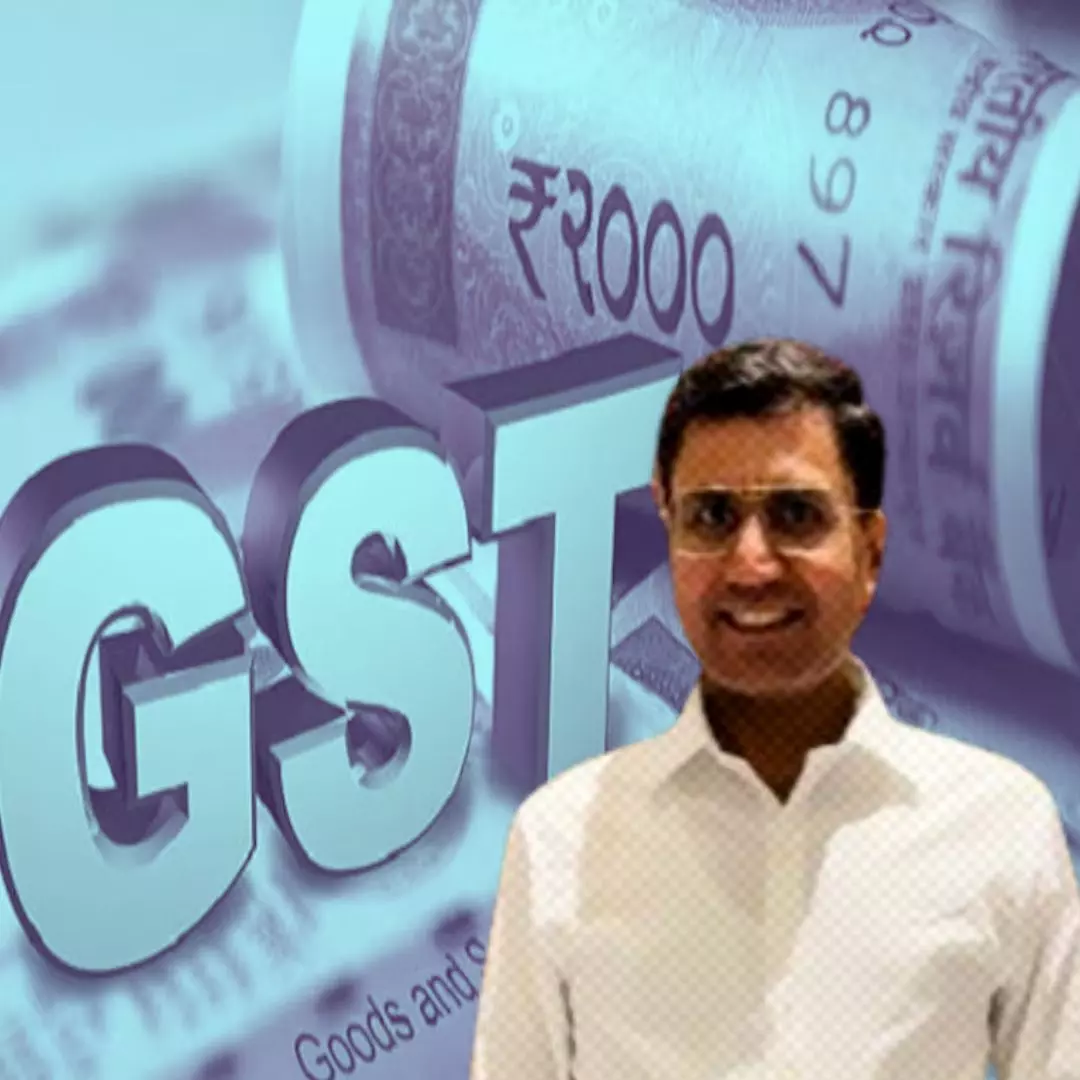A significant GST fraud has been uncovered in India, involving over 200 bogus firms and resulting in the arrest of journalist Mahesh Langa among others. The Directorate General of Goods and Services Tax Intelligence (DGGI) initiated a nationwide investigation after discovering fraudulent transactions amounting to crores of rupees. Raids were conducted across 14 locations, including Ahmedabad and Surat, leading to the detention of 33 key operators linked to these firms. Authorities are continuing their investigations, with more arrests anticipated as the probe deepens.
Massive Fraud Unveiled
The Ahmedabad Crime Branch, acting on intelligence from the DGGI, executed simultaneous raids at various locations including Ahmedabad, Junagadh, and Surat. Over 33 individuals were detained for their involvement in establishing 12 fraudulent firms that facilitated bogus Input Tax Credit (ITC) claims. ACP Bharat Patel confirmed that Mahesh Langa was arrested based on a complaint alleging the use of false documents. The investigation has revealed that these firms were part of an organized scheme designed to defraud the government, with losses potentially exceeding ₹200 crore.
Context and Background
This investigation follows a series of complaints regarding widespread GST evasion through the creation of fake companies. The authorities uncovered a complex web of financial deception that has been operating since February 2023. Reports indicate that fraudulent billing practices and forged documents were employed to misrepresent facts and evade tax obligations. The scale of this operation suggests a coordinated effort among multiple parties, with implications for both local and national economies.
The Logical Indian’s Perspective
This incident underscores a critical issue regarding accountability and transparency within our financial systems. It is essential for all stakeholders to engage in constructive dialogue about preventing such frauds in the future. As citizens, we must advocate for stronger regulations and oversight to protect public resources. What measures do you think should be implemented to ensure such fraudulent activities are curbed? Share your thoughts below!











